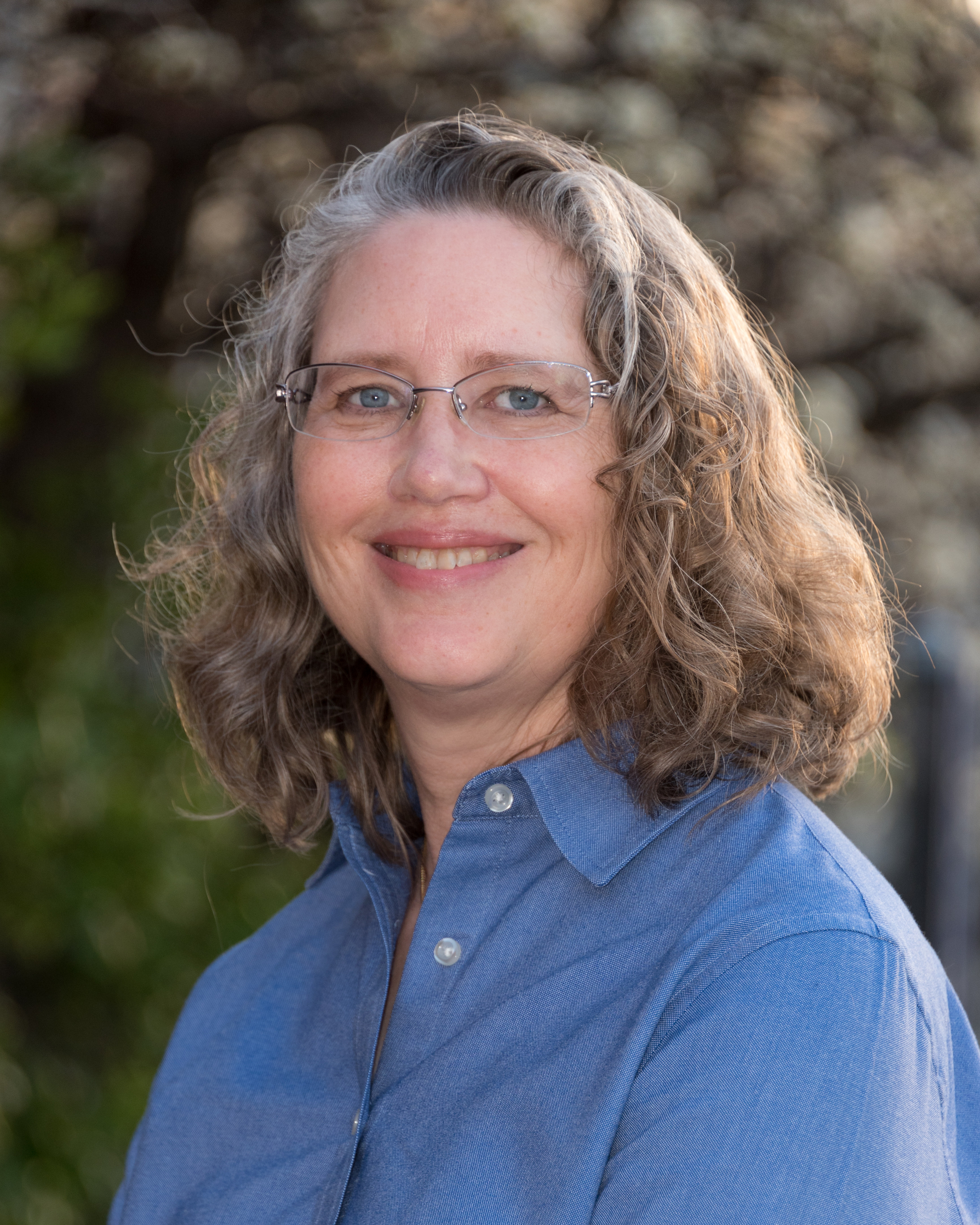Of all the things not to like about the Trayvon Martin killing and subsequent events – and nothing could possibly even come close to outweighing the tragedy of an unarmed teenager being killed on his way home from the convenience store – there is at least one good thing coming out of it. And that is the discussion about racial profiling and its opposite, white privilege.
Although some white people may have an inkling of what white privilege is and how it advantages us, for many of us, it’s hard to get our minds around it. Young black males and other minorities live with profiling, and are reminded of it every time they are pulled over and/or questioned by police. It’s in their face every time it happens.
For white people, though, white privilege is not obvious. That’s because almost every time it happens, we have no idea it’s occurring. We only get a hint of it every once in a while. That’s what makes it so easy for us to dismiss it as nonexistent, uncommon, or unimportant.
Two years ago, my husband and I were driving in a rural, predominantly white area, when he was pulled over for speeding. “Are you heading up to the slopes to ski?” the officer asked my husband, peering into the back of the car, where no ski equipment was visible.
“No,” my husband replied, gesturing toward me, “We’re on our way to her father’s funeral.”
“I’m sorry,” said the officer, handing my husband’s driver’s license, registration, and proof of insurance back to him, and then he let us go on our way without a ticket.
Would we have been treated differently if we had been two young black men, or members of any other minority group? I have no idea. And I have no way to know. Perhaps the officer, seeing no ski equipment and hearing of the reason for the trip, would have let anyone go without a ticket. But I doubt it.
Even more suspicious was a sobriety check point at which I was pulled over several years ago. “Have you had anything to drink tonight?” the officer asked me.
“No,” I replied.
“May I see your driver’s license?” he continued, holding out his hand.
“It’s in my purse in the trunk,” I told him.
“Do you know your driver’s license number?” he inquired.
“Um, it’s C05…something…I think,” I offered.
“Ok,” he said, and he let me go without asking me to retrieve my license from the trunk of the car. I was shocked.
You see, around this time the police in the county where this happened were being accused of staging sobriety checkpoints not just for the purpose of catching drunk drivers, but also for the purpose of arresting, and impounding the cars of, undocumented immigrants.
I am quite certain that if I had been latina, or if I had spoken with an accent, the officer would have insisted that I get my driver’s license out of the trunk . I am certain he would have checked it to make sure it was valid. It’s preposterous to think this was anything other than a case of white privilege in action.
I understand why it’s so hard for many of us to know when we’re the recipients of the advantages of white privilege. And I understand why that makes it hard for some of us to believe that it exists in any substantial way. So I’m grateful that this horrible tragedy of Trayvon’s death has at least gotten some of us to talk about it, because recognizing there is a problem is the first step toward solving it.
—————-
“Like” the “>follow me on Twitter.






















 More news and opinions than at a Shabbat dinner, right in your inbox.
More news and opinions than at a Shabbat dinner, right in your inbox.